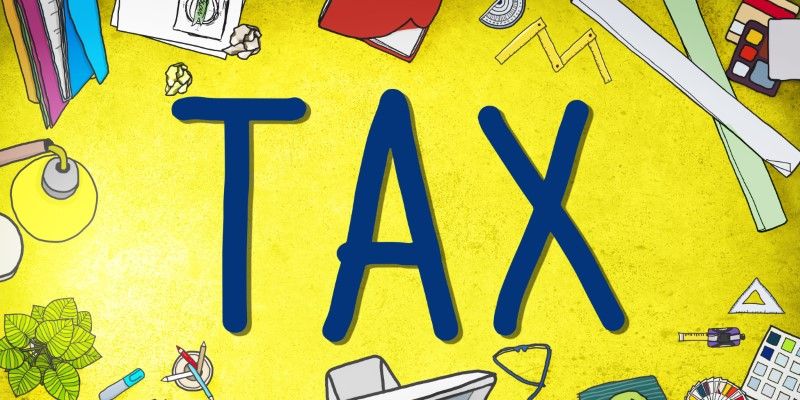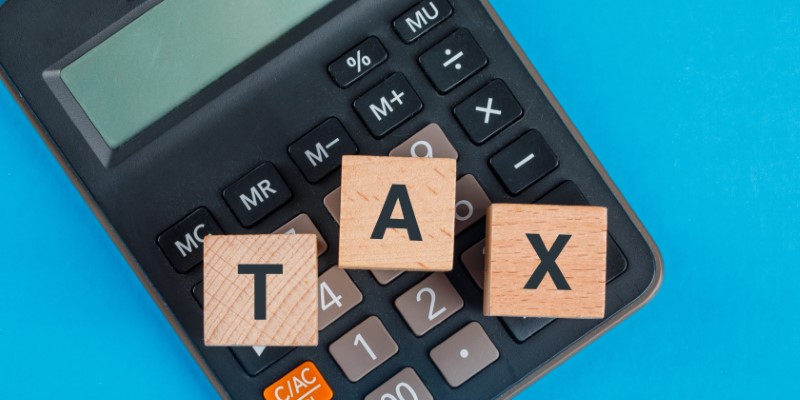Tax season can be both exciting and daunting, especially when it comes to receiving your tax refund. This financial windfall can present an excellent opportunity to improve your financial situation. However, making the most of your rebate requires careful consideration and planning. In this article, we will break down what a tax refund is, how to use it wisely and avoid common pitfalls to ensure you maximize its benefits.
Understanding Your Tax Refund: What It Is And How It Works
A tax refund is the money the government returns to you after you have overpaid your taxes throughout the year. This often happens when too much money is withheld from your paycheck or if you qualify for tax credits that reduce your overall tax liability.
When you file your tax return, you calculate your total income, allowable deductions, and credits. The government issues a refund if your total tax withheld exceeds your tax liability. Conversely, you'll need to pay the difference if you owe more than you paid.
Understanding how your tax refund is calculated can help you make informed decisions about using it. For example, if you typically receive a large refund, consider adjusting your withholdings to keep more money in your paycheck throughout the year.

Innovative Ways To Use Your Tax Refund
Using your tax refund wisely can lead you to better financial health. Here are some innovative strategies:
Pay Off Debt
One of the most effective ways to use your tax refund is to pay down debt. High-interest debts, like credit card balances, can accumulate quickly and drain your finances. By using your refund to pay off or significantly reduce these debts, you can save on interest and improve your credit score. To maximize your savings, consider focusing on debts with the highest interest rates first.
Build An Emergency Fund
Having a financial safety net is crucial for unexpected expenses. Your tax refund can provide the perfect starting point if you still need an emergency fund. Aim to save at least three to six months of living expenses. This fund will give you peace of mind and protect you from relying on credit cards or loans in a crisis.
Invest In Retirement
Investing your tax refund into a retirement account can pay off significantly in the long run. Contributing to a 401(k) or an Individual Retirement Account (IRA) helps secure your financial future and provides immediate tax benefits. If your employer offers a match on your 401(k) contributions, take full advantage of it. Free money is an opportunity you want to take advantage of!
Fund Educational Goals
Using your tax refund can be a wise investment, whether you want to further your education or support your children's schooling. Consider contributing to a 529 college savings plan or paying for tuition and related expenses. Education can open doors for better job opportunities and higher earning potential.

Budgeting Your Tax Refund For Long-Term Benefits
Creating a budget for your tax refund can help you allocate funds effectively. Here’s how to develop a plan:
Set Clear Financial Goals
Before you decide how to spend your refund, take a moment to identify your financial goals. Are you aiming to pay off debt, save for a specific purchase, or build retirement savings? Setting clear priorities will guide your spending decisions.
Create A Spending Plan
Once you’ve established your goals, develop a detailed spending plan. Break down your tax refund into categories, such as debt repayment, savings, investments, and discretionary spending. Having a clear plan can help you resist the temptation to overspend on non-essential items.

Track Your Progress
Keep track of how you use your tax refund and progress toward your financial goals. Regularly reviewing your budget will help you stay accountable and adjust your plan as needed. Use budgeting apps or spreadsheets to simplify this process.
Consider Future Tax Refunds
Reflect on how you want to handle future tax refunds. If you consistently receive a large refund, consider adjusting your withholdings to align with your financial goals throughout the year. Keeping more money in your paycheck can provide ongoing opportunities to save, invest, or pay off debt.

Common Mistakes To Avoid With Your Tax Refund
While getting excited about your tax refund is easy, making hasty decisions can lead to regret. Here are some common mistakes to avoid:
Impulse Spending
One of the biggest pitfalls is succumbing to impulse spending. The excitement of receiving a refund can lead to buying non-essential items that don't contribute to your long-term financial well-being. Before diving in, take a moment to consider whether a purchase aligns with your financial goals.
Failing To Plan
With a clear plan, it's easy to save your tax refund. Ensure you take the time to set goals and allocate funds appropriately. A lack of planning can result in missed opportunities to improve your financial situation.
Neglecting Debt
While treating yourself with your refund may be tempting, ignoring high-interest debt can be detrimental. Consider using a portion of your refund to pay down debts before spending on discretionary items.
Skipping Savings
Remembering to save a portion of your tax refund can help your financial progress. Aim to allocate a percentage for savings, whether it's for emergencies, retirement, or future expenses. Saving now can lead to more significant benefits later.
Disregarding Tax Implications
Before making major purchases with your refund, consider the potential tax implications. Some financial decisions can affect your tax situation in the following year. For instance, large withdrawals from retirement accounts can result in penalties or increased taxable income. Be mindful of how your choices may impact your future tax liabilities.

Conclusion
Making the most of your tax refund requires careful thought and planning. Understanding what a tax refund is and how to use it wisely can turn this financial opportunity into long-term benefits. Whether you pay off debt, build an emergency fund, invest in your future, or fund education, your choices can significantly impact your financial health. By avoiding common mistakes and setting clear goals, you can ensure that your tax refund works for you, paving the way for a more secure financial future.


